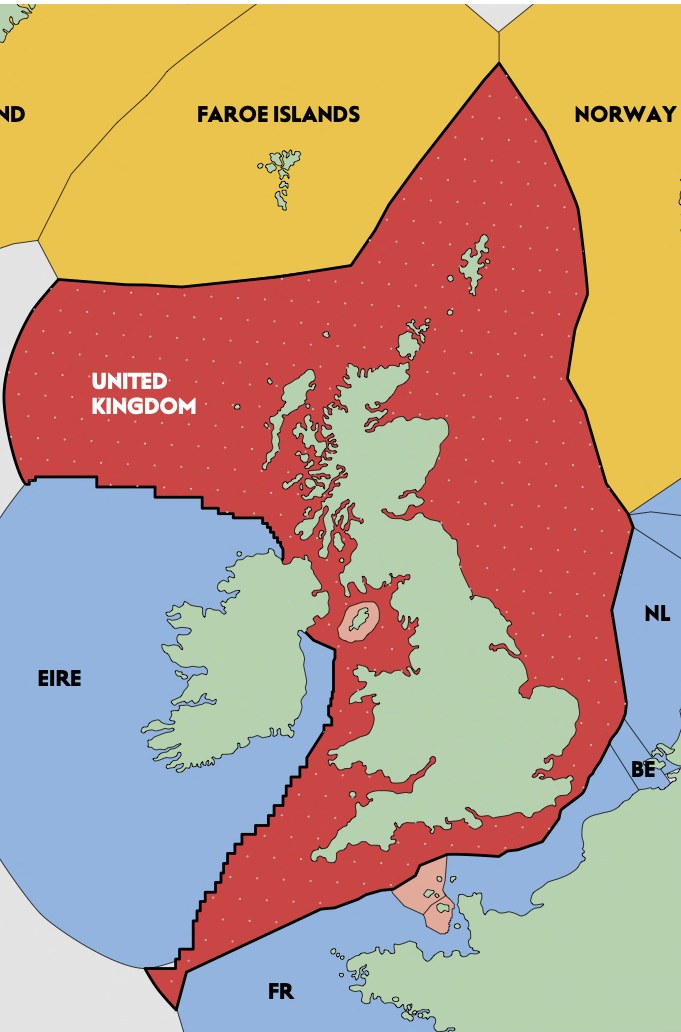Common Fisheries Policy and BREXIT - Trade and economic related issues
During the first semester 2017, Sakana Consultants worked with Bertrand Le Gallic (University of Brest) and Simon Mardle (FishOR) on a report for the PECH Committe of the European Parliament, detailing the potential trade impacts of the UK Exit of the European Union.
The aim of this study is to present a description of the bilateral trade between the UK and the EU-27 in different possible scenarios, based on relevant case-studies. Also the study describes the main markets of fish and fisheries products and economic-related issues. It provides an economic analysis of the expected consequences of Brexit.
This report was published in June 2017, under the reference: IP/B/PECH/IC/2017-033 PE 585.913.

